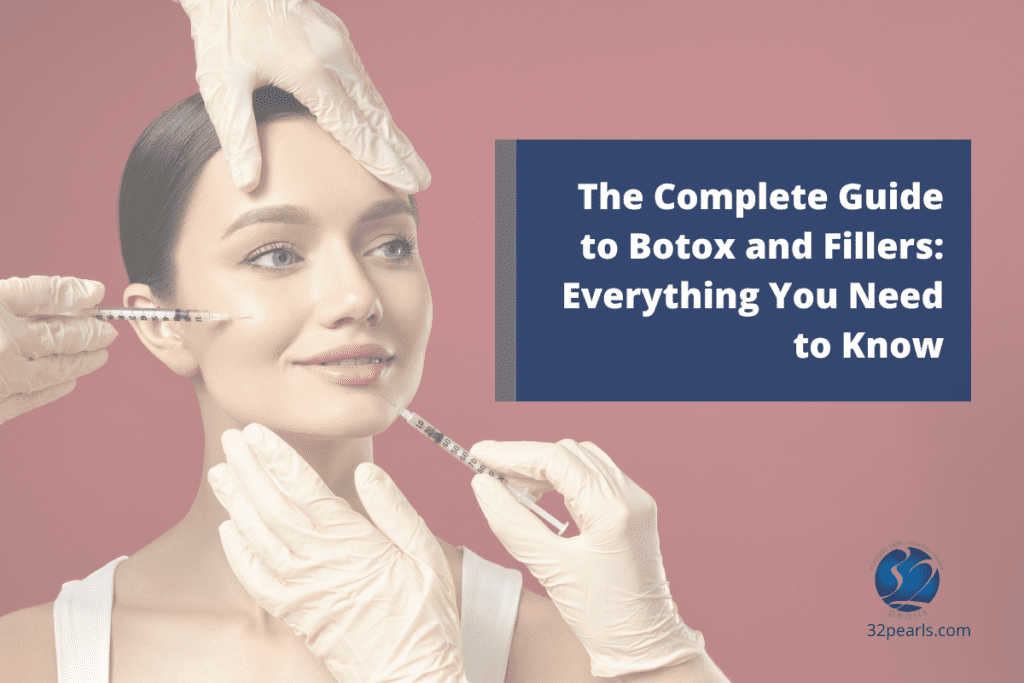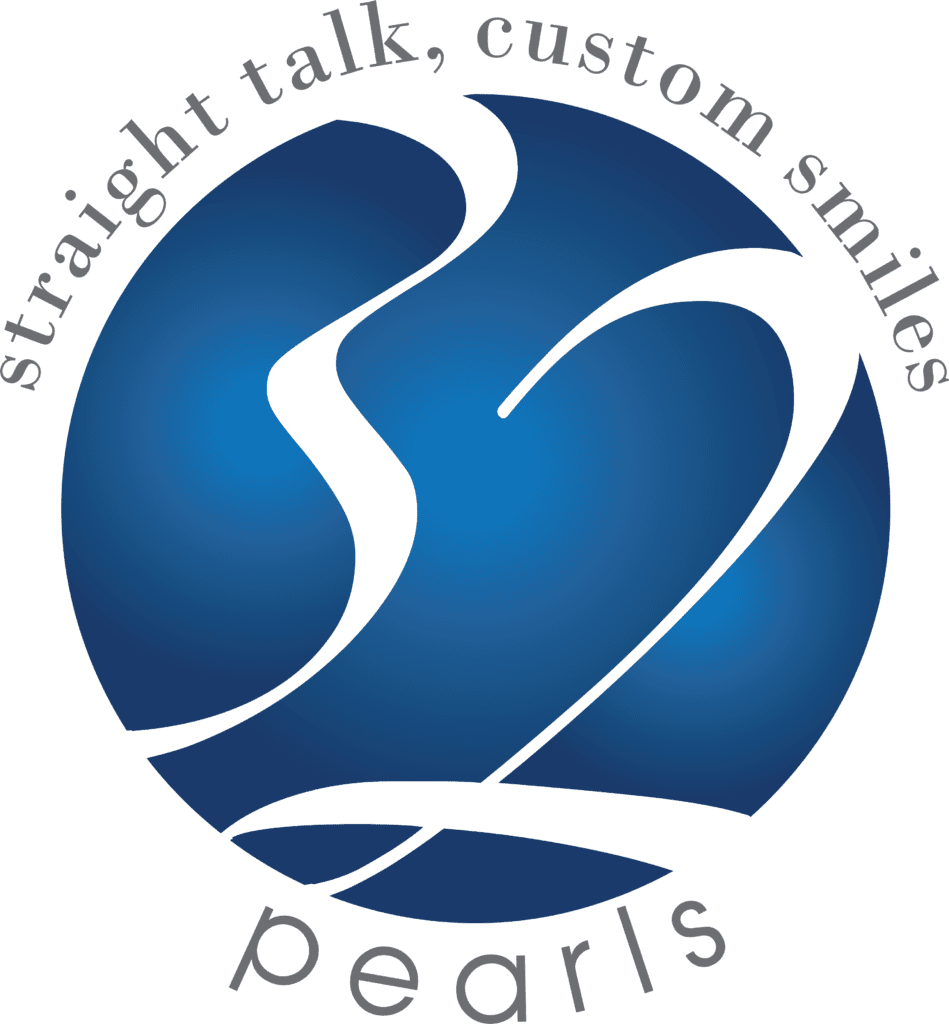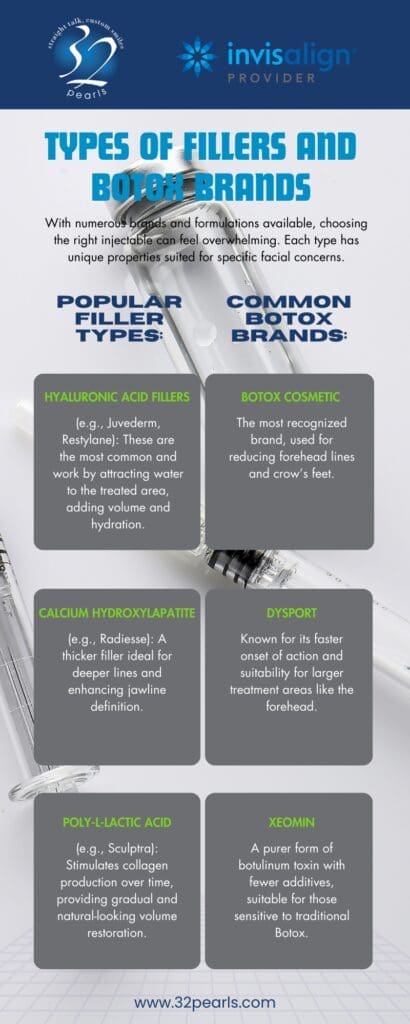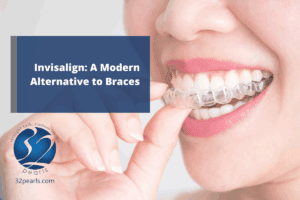
The Complete Guide to Botox and Fillers: Everything You Need to Know
Botox and fillers have become the go-to treatments for individuals seeking non-surgical solutions to combat the visible signs of aging. These cosmetic injectables offer a way to smooth wrinkles, add volume, and rejuvenate the face without the need for invasive surgery. Whether you want to reduce fine lines or enhance your facial features, Botox and dermal fillers provide versatile options tailored to individual needs. This comprehensive guide will help you understand the differences between these treatments, their benefits, potential risks, and what to expect during the procedure.
What are Botox and Dermal Fillers?
Botox and dermal fillers are two distinct cosmetic injectables targeting different aging concerns. Botox, a neuromodulator, temporarily relaxes the muscles responsible for dynamic wrinkles, such as crow’s feet and frown lines. It’s primarily used to treat wrinkles that form due to repetitive muscle movements. On the other hand, dermal fillers, such as those containing hyaluronic acid or collagen-stimulating substances, are used to restore lost volume, smooth out static wrinkles, and enhance facial contours like the lips and cheeks.
Key Differences Between Botox and Fillers
- Botox: Primarily targets wrinkles caused by muscle movement. Effects last 3-6 months.
- Fillers: Add volume and smooth, deeper lines. Effects can last from 6 months to 2 years.
- Usage Areas: Botox is commonly used for forehead lines, while fillers are popular for lips, cheeks, and under-eye areas.
Types of Fillers and Botox Brands
With numerous brands and formulations available, choosing the right injectable can feel overwhelming. Each type has unique properties suited for specific facial concerns.
Popular Filler Types:
- Hyaluronic Acid Fillers (e.g., Juvederm, Restylane): These are the most common and attract water to the treated area, adding volume and hydration.
- Calcium Hydroxylapatite (e.g., Radiesse): A thicker filler ideal for deeper lines and enhancing jawline definition.
- Poly-L-Lactic Acid (e.g., Sculptra): Stimulates collagen production over time, providing gradual and natural-looking volume restoration.
Common Botox Brands:
- Botox Cosmetic: The most recognized brand, used for reducing forehead lines and crow’s feet.
- Dysport: Known for its faster onset of action and suitability for larger treatment areas like the forehead.
- Xeomin: A purer form of botulinum toxin with fewer additives, suitable for those sensitive to traditional Botox.
How Botox and Fillers Work: Mechanisms and Effects
Understanding how these treatments work helps choose the right one for your needs.
Botox Mechanism:
Botox blocks nerve signals to the muscles, preventing them from contracting. This smooths out dynamic wrinkles, which are lines formed from repeated muscle movement. Effects usually become noticeable within a few days, with full results visible in about two weeks.
Fillers Mechanism:
Fillers add volume to targeted areas, filling in deep lines and providing structure. Hyaluronic acid fillers, for example, plump the skin by drawing moisture, while collagen-stimulating fillers encourage the body to regenerate its natural collagen over time.
Treatment Timelines:
- Botox: Effects last about 3-6 months before needing a touch-up.
- Fillers: Duration varies; hyaluronic acid fillers last 6-18 months, while collagen-stimulating fillers can last up to 2 years.
Benefits of Botox and Fillers
These non-surgical options come with several advantages that make them highly appealing:
- Immediate Results: Fillers often show immediate results, while Botox reveals its full effects within a week.
- Minimal Downtime: Treatments are quick, with most sessions lasting under an hour, and patients can return to their daily routines almost immediately.
- Natural-Looking Results: When performed by skilled practitioners, the enhancements look subtle and natural, enhancing your features rather than drastically altering them.
Potential Risks and Side Effects
While Botox and fillers are generally safe, potential risks and side effects should be considered.
Common Side Effects:
- Botox: Mild bruising, temporary drooping of the eyelids, headache.
- Fillers: Redness, swelling, and bruising at the injection site.
Serious Risks:
- Botox: Rare side effects include muscle weakness and difficulty swallowing.
- Fillers: Rare complications can include infection, vascular occlusion, or allergic reactions.
Tip: Always choose a licensed and experienced practitioner to minimize risks.
Choosing the Right Treatment: Botox or Fillers?
Deciding between Botox and fillers depends on your aesthetic goals, age, and the specific areas you want to treat.
- Opt for Botox if: You have dynamic wrinkles caused by muscle movement, like crow’s feet or forehead lines.
- Choose Fillers if: You need to add volume, enhance facial contours, or address deeper, static wrinkles.
- Combined Approach: Many patients benefit from combining both treatments, targeting multiple aging concerns simultaneously.
The Procedure: What to Expect Before, During, and After Treatment
Understanding the treatment process can help set expectations and alleviate any pre-procedure anxiety.
Pre-Treatment:
- Consult with your practitioner to discuss your goals and medical history.
- Avoid blood-thinning medications and supplements that could increase bruising.
During the Procedure:
- Injections typically take 15-60 minutes, depending on the areas treated.
- Some discomfort may be felt, but topical numbing creams are available.
Post-Treatment Care:
- Avoid strenuous activity, alcohol, and direct sun exposure for 24 hours.
- Follow your practitioner’s advice on skincare and follow-up treatments.
Cost of Botox and Fillers: What Influences Pricing?
The cost of Botox and fillers can vary based on several factors:
- Location: Treatments in metropolitan areas tend to be pricier.
- Practitioner Experience: More experienced practitioners may charge higher fees.
- Type and Amount of Product Used: Different fillers have different price points, and the amount required varies by individual.
FAQs
Botox relaxes muscles to reduce wrinkles, while fillers add volume and smooth deeper lines.
Botox typically lasts 3-6 months, and fillers range from 6 months to 2 years.
Yes, when administered by qualified professionals, they are generally safe. However, there are risks of minor side effects.
Botox: every 3-6 months. Fillers: every 6-18 months, depending on the type.
Yes, combining treatments can address both dynamic wrinkles and loss of volume for a comprehensive anti-aging effect.
Botox and fillers offer safe, effective, and minimally invasive options for rejuvenating your appearance. By understanding the differences, benefits, and potential risks, you can decide which treatment best suits your needs. Consult with a qualified practitioner to achieve your desired look with confidence.






